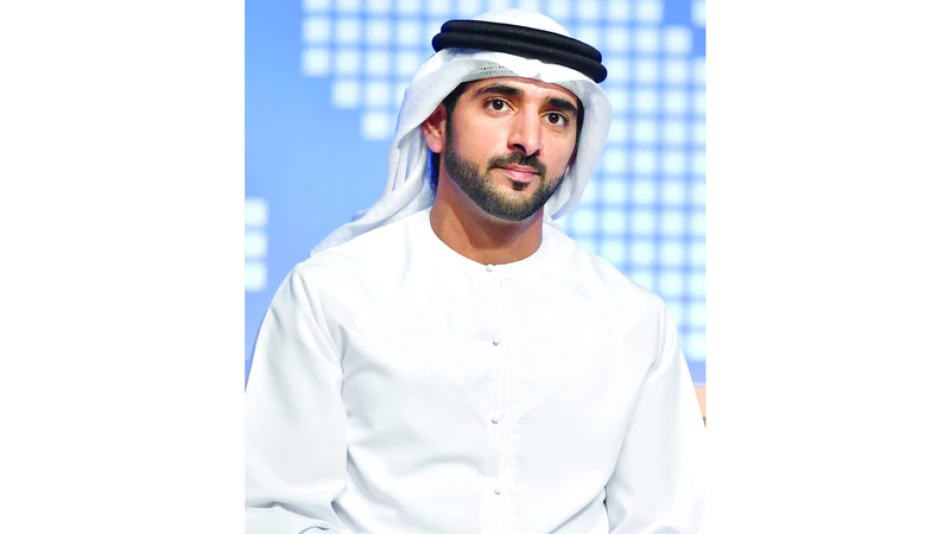
Dubai's Vision: Empowering Every Student to Shape the Future
Dubai has launched a new student council that gives teenagers a direct voice in shaping the emirate's education policies. The Dubai Student Council brings together 16 students from grades 9-12 to represent nearly 400,000 students across Dubai's private school system, marking a significant step in student-centered education reform.
Sheikh Hamdan bin Mohammed bin Rashid Al Maktoum, Dubai's Crown Prince, approved the council's formation as part of the "Leaders of Tomorrow" initiative under Dubai's Education Strategy 2033. During the council's first meeting, he gifted each member a copy of "Life Taught Me" by Sheikh Mohammed bin Rashid Al Maktoum, along with a personal letter emphasizing their responsibility as the voice of Dubai's students.
"You are today the voice of students in Dubai, conveying their aspirations, expressing their ideas, and contributing your efforts to developing the education system," Sheikh Hamdan wrote in his message to the council members. The letter stressed that while their responsibility is significant, the leadership's confidence in them is even greater.
The council represents Dubai's educational diversity in practice. Its members come from 16 different private schools using six different curricula, represent nine nationalities, and include students with special needs. The composition maintains gender balance with eight male and eight female students, reflecting the emirate's commitment to inclusive representation.
Selection wasn't random. The Knowledge and Human Development Authority (KHDA) worked with consulting firm PwC to conduct individual interviews and group activities, evaluating candidates' personal and leadership skills. This scientific approach ensures council members can effectively bridge the gap between student communities and education authorities.
The council's formation addresses a practical need in Dubai's rapidly evolving education sector. With the emirate positioning itself as a global education hub, student input becomes crucial for policies that actually work in classrooms. The council will communicate directly with KHDA, helping identify challenges and opportunities in Dubai's private education landscape.
Aisha Abdullah Miran, Director General of KHDA, emphasized that Dubai students are "the center of its educational excellence and leadership." She noted that students form the foundation of all development and are the ultimate goal of all programs and policies.
The timing connects to Dubai's broader education ambitions. The emirate wants its students to compete globally while maintaining local values and identity. By involving students directly in policy-making, Dubai is building an education system that responds to actual student needs rather than assumptions about what students want.
Council members serve one academic year, with the possibility of reapplying for a second term based on performance. This structure ensures fresh perspectives while allowing effective members to build on their experience. The approach balances continuity with the need for evolving student representation.
For Dubai's education sector, this represents more than symbolic participation. The council creates a formal channel for student feedback on policies affecting hundreds of thousands of students. In a city where education is increasingly seen as an economic driver, getting student input right could influence Dubai's competitive position as a regional education center.
The initiative also reflects Sheikh Mohammed bin Rashid's vision of human empowerment as the core of development. By investing in student leadership capabilities and creating environments that encourage creativity, Dubai is building tomorrow's leaders while improving today's educational outcomes.
Most Viewed News

 Sara Khaled
Sara Khaled






